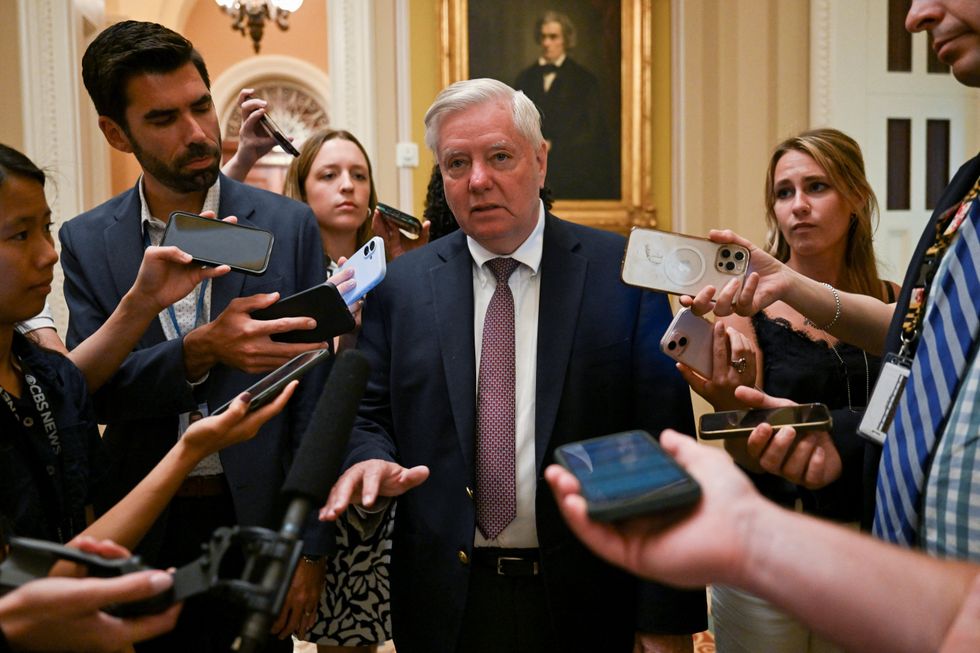Senator Lindsey Graham (R-SC) generated significant attention over the weekend for his remarks praising former President Donald Trump during the Republican Jewish Coalition Leadership Summit in Las Vegas, Nevada. His comments, particularly about the Trump administration’s military actions, sparked immediate backlash among critics who labeled his statements as alarming.
Graham expressed confidence in the future of the Republican Party, stating, “I feel good about the Republican Party and where we’re going as a nation.” He continued, “We’re killing all the right people and we’re cutting your taxes! Trump is my favorite president.” His comments were met with enthusiasm from the audience, but they quickly drew scrutiny, especially his reference to military operations that have led to numerous fatalities abroad.
The Trump administration has conducted various operations targeting groups such as drug cartels in the Caribbean, resulting in the deaths of at least 64 people. Critics, including some within the Republican Party, have referred to these actions as illegal “extrajudicial killings.” In addition, a large-scale strike authorized by Trump in March 2024 killed at least 31 individuals in Yemen, part of efforts to combat the Houthis, who had been launching strikes against Israel.
At the summit, Graham also commended the Republican Jewish Coalition, a nonprofit organization that advocates for a strong alliance between the United States and Israel. He articulated a vision of unity among Republicans, stating, “As a coalition of Republicans – some Baptist, some Jewish – we organize ourselves around principles that we love and we cherish; we love individual freedom, we love entrepreneurship, we love capitalism… we love Israel.”
Graham emphasized the importance of supporting Israel, saying, “We love the idea of Israel, we love the struggle they’ve been involved in, we love helping them because you’re helping yourself.” His remarks were captured in a video clip shared by the account Republicans Against Trump, which prompted a wave of shocked responses across social media.
The senator’s comments reveal the ongoing complexity of U.S. foreign policy and the varying perspectives within the Republican Party regarding military actions and international relations. As discussions continue around Trump’s legacy and the party’s direction, Graham’s statements may further fuel the debate on the effectiveness and morality of such military strategies.
The reactions from both supporters and opponents highlight the contentious nature of political discourse, especially when it touches on sensitive topics like foreign military operations and national alliances. As public opinion evolves, Graham’s comments may serve as a focal point for future discussions on the Republican Party’s identity and policies moving forward.








































































